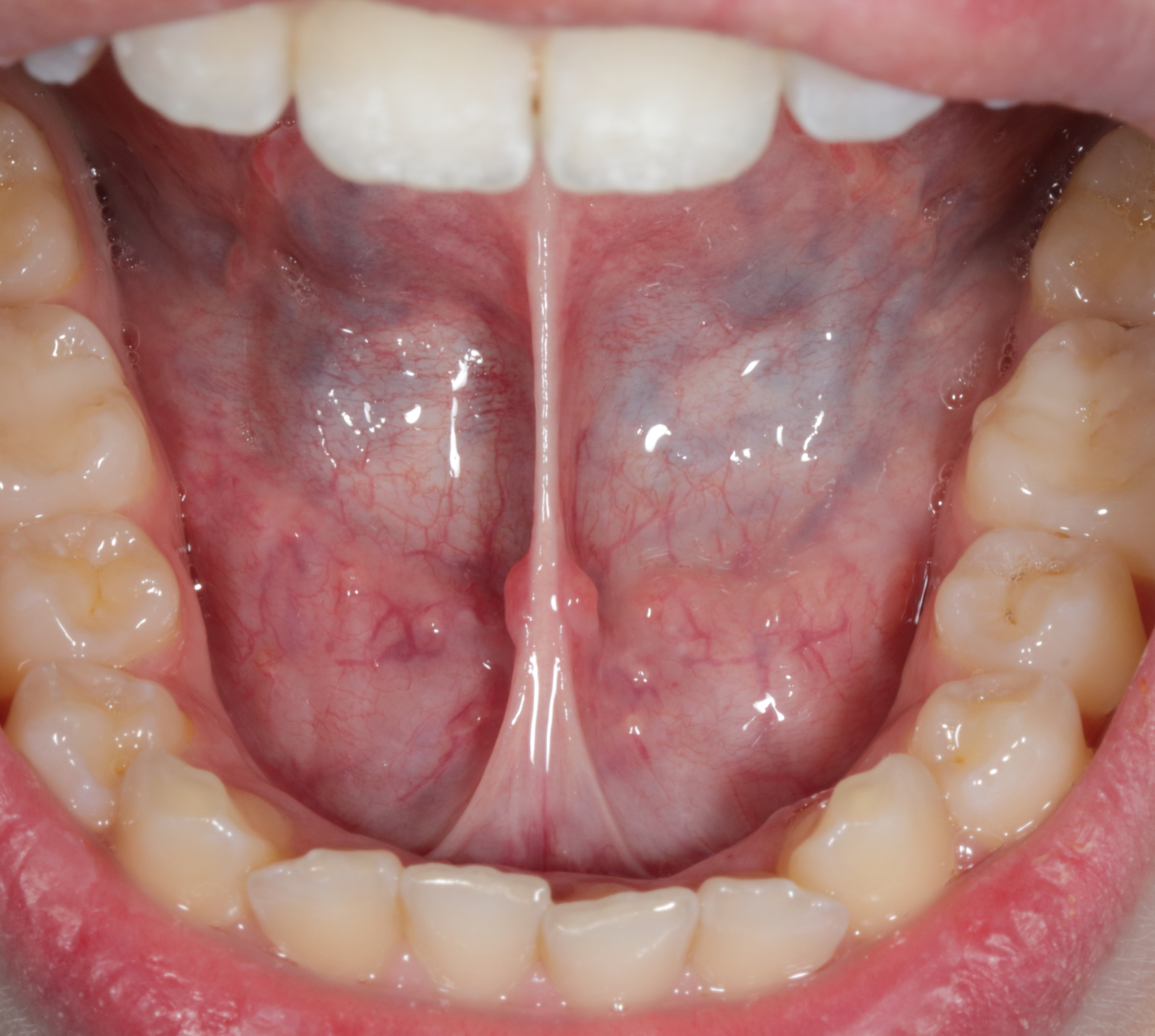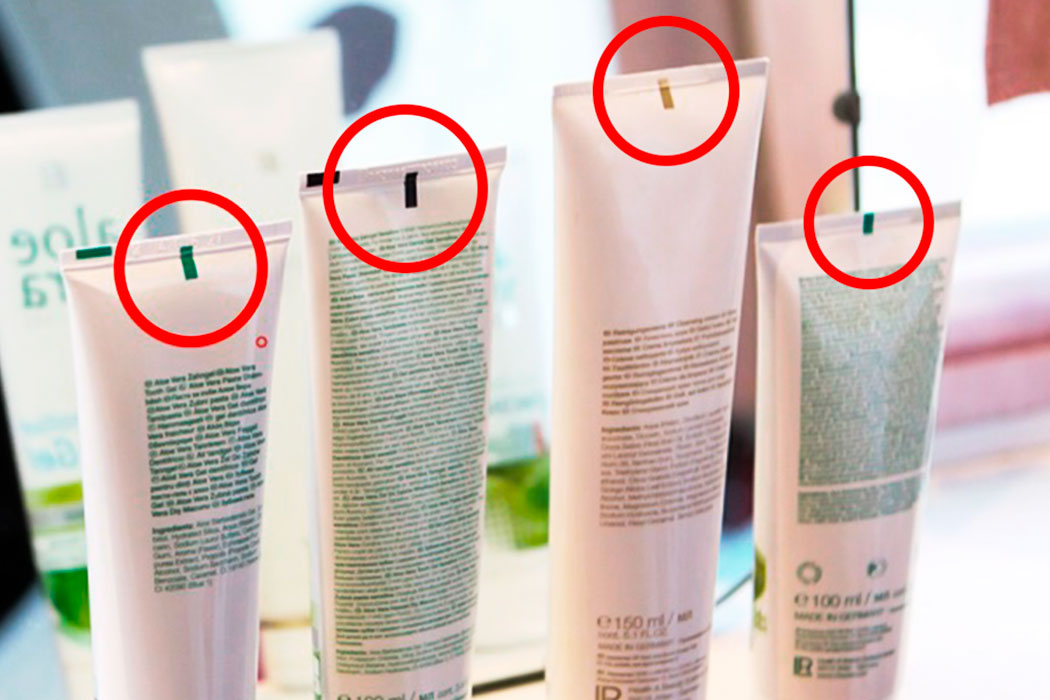22.04.2025
Short Frenulum of the Tongue: Impact and Treatment

A short frenulum is a condition where the frenulum connecting the tongue to the lower part of the mouth is too short or tight. This can significantly affect jaw development and the proper eruption of teeth, especially in childhood. When the frenulum is too short, it limits the mobility of the tongue, disrupting its normal function, which can impact jaw development, breathing, and even facial appearance.
How does a short frenulum affect development?
Jaw and tooth formation. The tongue plays an important role in the proper formation of the jaws by constantly exerting pressure on the upper palate. With a short frenulum, this function is weakened, which can lead to narrowing of the upper jaw, mouth breathing issues, and insufficient development of the lower jaw. All of this can affect the health and alignment of teeth.
Improper eruption of teeth and open bite. Undeveloped jaws can lead to improper eruption of teeth, which in turn can cause bite problems. An open bite (when the upper and lower teeth do not meet when the mouth is closed) is often the result of a child breathing through their mouth.
Speech difficulties. Due to limited tongue mobility, a child may experience difficulty pronouncing certain sounds, which can impact speech development.
What should be done if a child has a short frenulum?
If you notice signs of the problem, such as changes in jaw shape, breathing problems, or speech issues, you should definitely consult a dentist (surgeon, orthodontist) and a speech therapist. In some cases, surgical intervention may be required — frenuloplasty (tongue frenulum surgery), which helps restore tongue mobility and prevent further issues.
Conclusion
Early detection and treatment of a short frenulum are crucial for the child’s health in the future. The earlier the correction is made, the lower the likelihood of more serious issues with the jaws, breathing, and speech.
Be attentive to your child and take care of their health from an early age!



